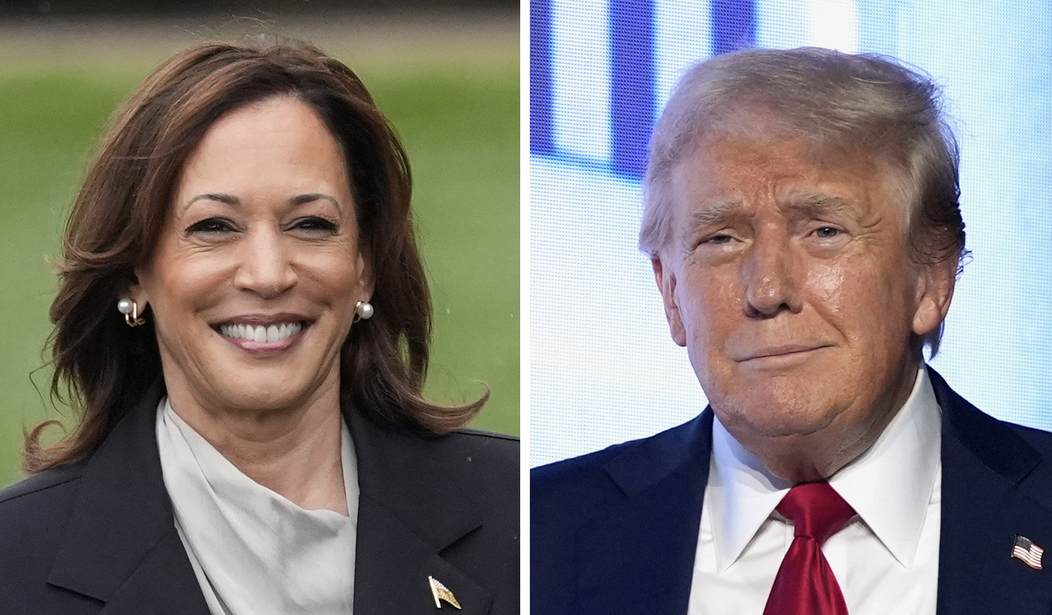
"The individual vs. the collective," tweets Sen. Eric Schmitt (R-Missouri) regarding, "The debate we are really having and what this election is all about."
Commentator David Limbaugh adds what history has shown about the collective.
The United States is a collective of individuals, and as such the general and common elements of our nation should be lightly-treading and freedom-depending.
Out of the decisions of the many citizens, one continuum of government is maintained. When the U.S. is inaccurately referred to as a "democracy," the inaccuracy itself may not be an egregious offense. However, a correction is necessary because there is a difference, a profound and fundamental difference, between a democracy and a representative republic. There is a Senate, and there is a House of Representatives. There is a president, and there is a Supreme Court. There is voting by precinct, and there is voting by state. Members of Congress are elected directly by the people, and the president is elected through an indirect electoral system. Our nation takes great care that it does not subject itself to mob rule. It can be complicated and at times require more effort than we may like to put forward, but that is how freedom and individual liberty are maintained.
It is apathy and civic laziness that leads to an overbearing state. That happens when too many individuals surrender their beliefs, their convictions, their pursuits, their goals, their interests to the collective. In short, the surrender of freedom leads to an overpowering state. When the citizen asks (and in some cases, allows) government to do more than it should be doing, the collective overtakes the individual and his freedom. "Ask not what your country can do for you," stated former President John Kennedy. Americans are not dutiful wards of the state and should not need the government's help getting out of bed in the morning. Rather, our mindset is responsibility and service. The great responsibility of protecting and maintaining freedom is coupled with the great service of looking out for and defending our fellow Americans and our fellow citizens of the world.
Voting does not equal electing. Every candidate voted for does not win, and every voter's selection does not win. The electoral decisions of many Americans are weaved together in an intricate and ordered system to produce results that reflect the whole through national, state, and district lenses. This is the reason why electoral cheating is a heinous offense.


No comments:
Post a Comment